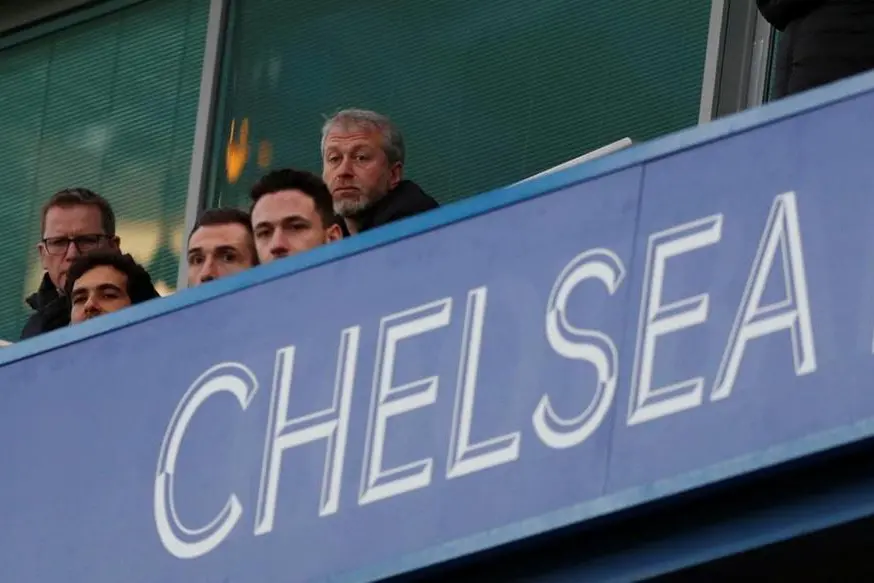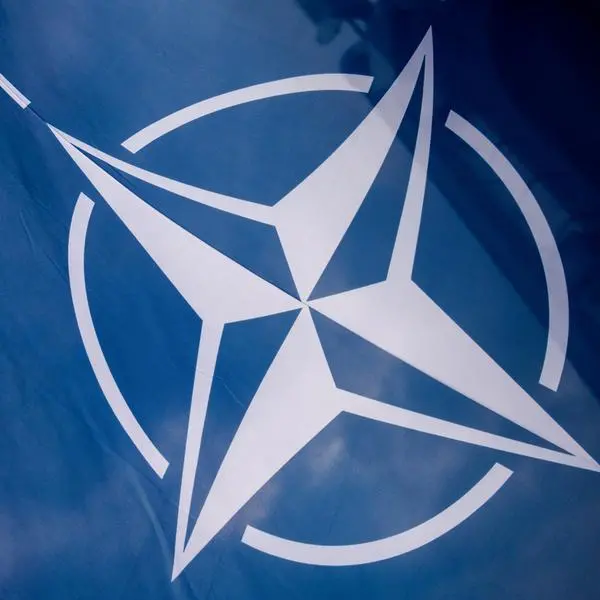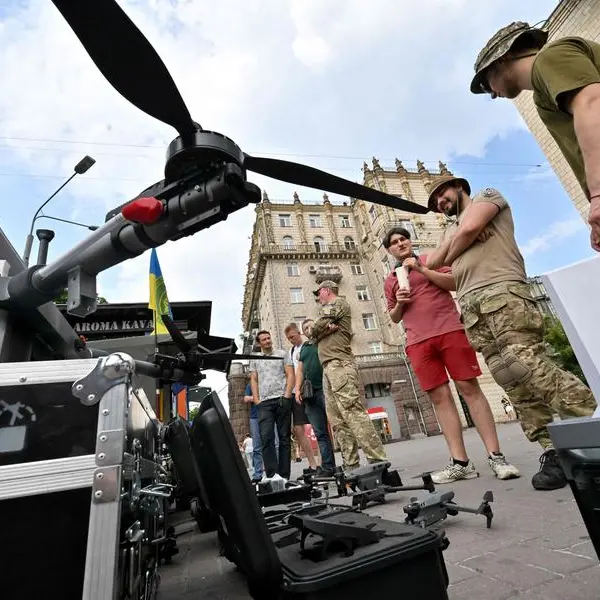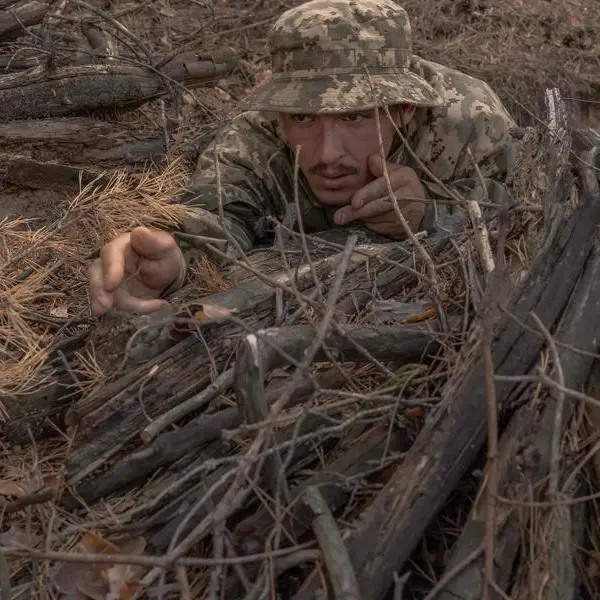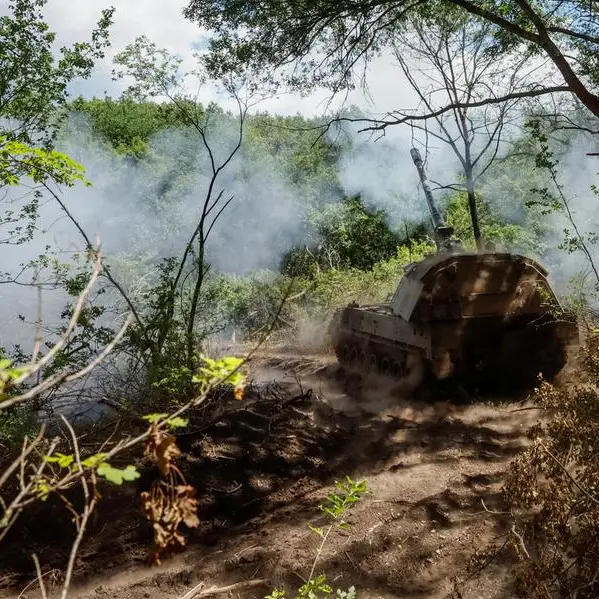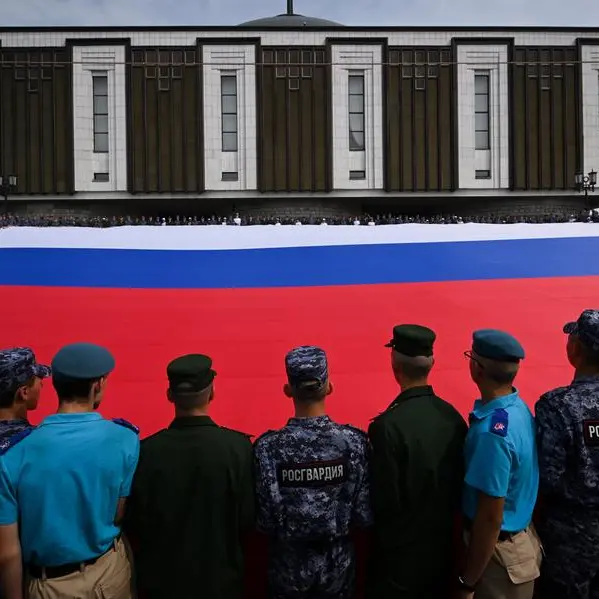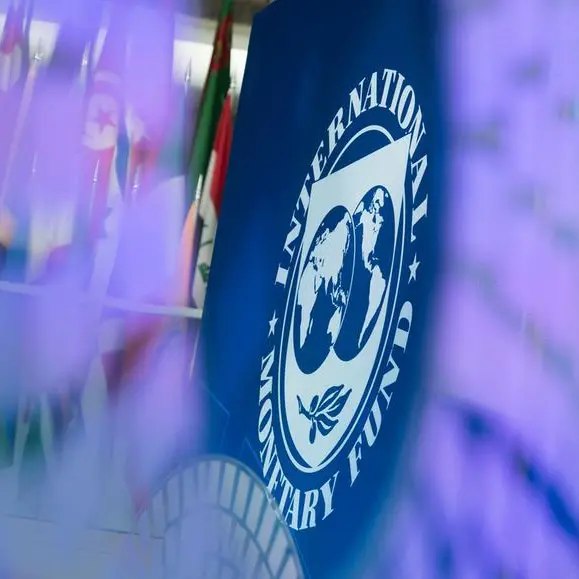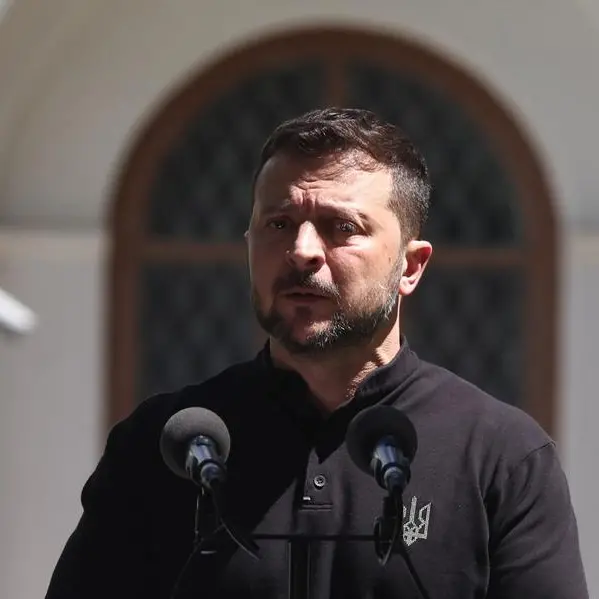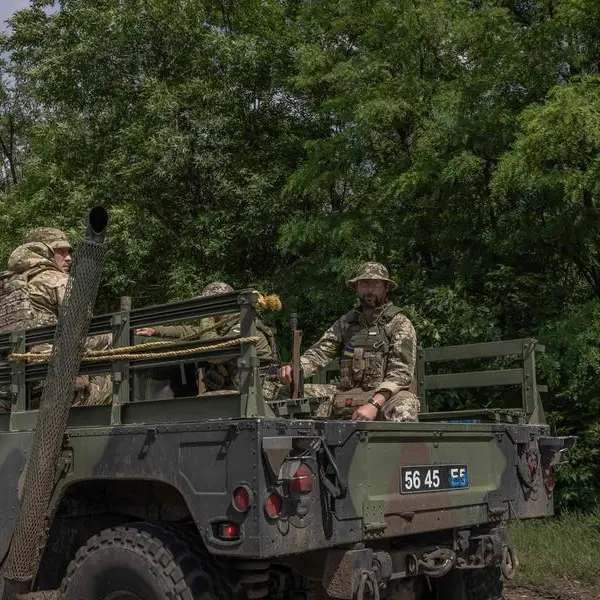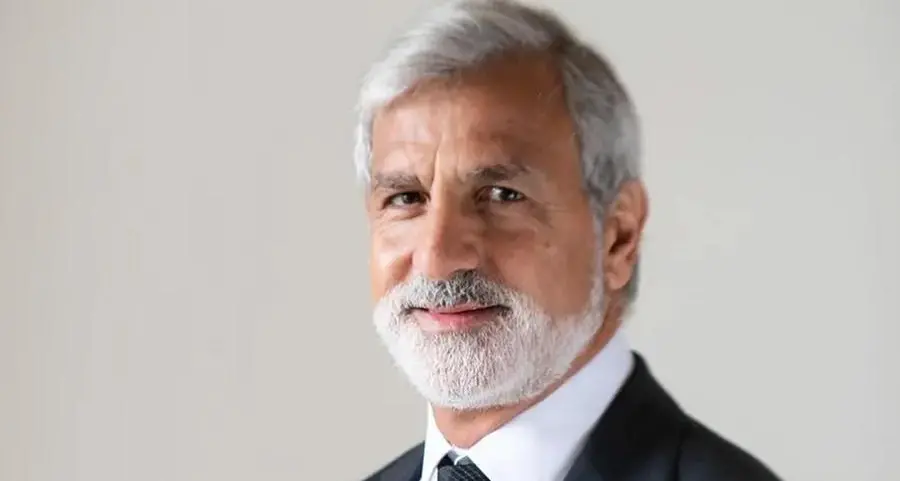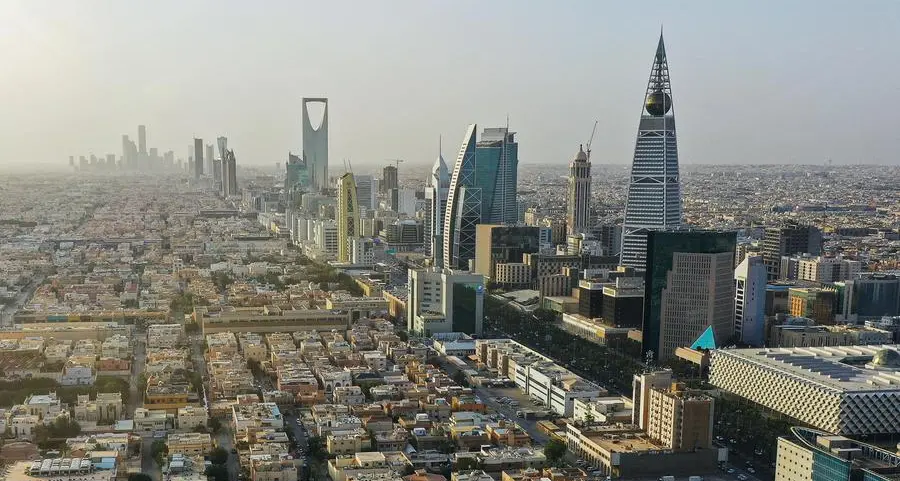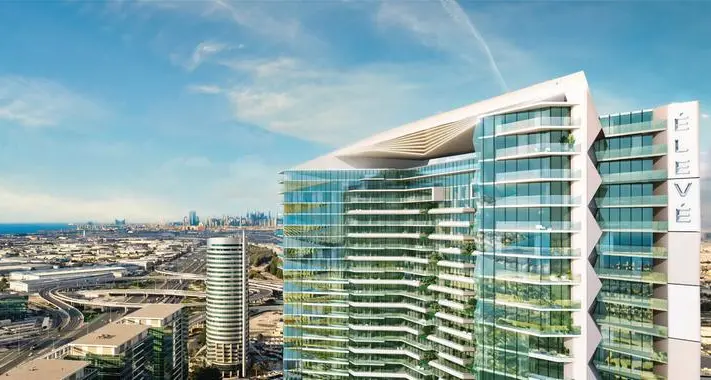PHOTO
Britain froze the assets of Roman Abramovich, owner of Chelsea soccer club, on Thursday in an escalation of sanctions against associates of Vladimir Putin, while mining giant Rio Tinto joined the corporate exodus from Russia.
Abramovich, who is also a major shareholder of London-listed steelmaker Evraz, and six others including Igor Sechin, CEO of Russian energy giant Rosneft, became the highest-profile oligarchs sanctioned by Britain since Russian President Putin ordered the invasion of Ukraine.
The action effectively puts Chelsea under UK government control, halting any disposal, and stopping new ticket or merchandise sales.
Shares in Evraz, in which Abramovich holds a 29% stake, fell as much as 16% in London before they were suspended "pending clarification of the impact of the UK sanctions".
Britain's move came as the first major mining company - Rio Tinto - joined the corporate exodus from Russia, and Japan's Sony and Nintendo suspended deliveries of their gaming consoles.
Sony, whose movie studio had already stopped releases in Russia, suspended the launch of racing game "Gran Turismo 7". Rival Nintendo said it was delaying the global release of "Advance Wars 1+2: Re-Boot Camp", a turn-based strategy game with a military theme.
HOTELIERS STEP BACK
Major fast-food, drinks and consumer goods companies, led by McDonalds and Coca-Cola, have stepped back from Russia following pressure from customers in the West.
Hotelier Marriott International closed its Moscow office and joined Hilton and Hyatt in suspending developments. Japan's Shiseido suspended exports of its cosmetics to Russia from Europe as well as advertising and promotions, and Mitsubishi Electric said it would stop exports to Russia, where operations were in a "difficult situation". Swiss bank Credit Suisse flagged a roughly $900 million Russian credit exposure, including lending to wealthy clients, following disclosures from Italy's UniCredit and France's BNP Paribas.
Japanese construction machinery supplier Hitachi said it would stop exports and cease most operations in Russia except for vital electrical power facilities, following similar exits by American industrial companies Caterpillar, 3M Co, Deere and Honeywell.
"We took multiple factors including the supply chain situation into account," a spokesperson for Hitachi said, echoing a statement from Caterpillar.
While some companies such as Ford and Apple have condemned Russia's invasion of Ukraine, others including Japanese automaker Toyota have taken a more neutral stance, blaming a halt in production in Russia on logistical hurdles.
Suzuki's Hungarian factory suspended car exports to Russia and Ukraine, about 10,000 vehicles a year, in one of the first signs of the conflict hitting the broader economy in the region.
Sweeping Western sanctions have isolated Russia, while shippers have suspended routes and European Union leaders plan to phase out buying Russian energy in a bid to be less dependent on the country.
The war, which entered its third week on Thursday, has killed thousands of people and rendered more than two million refugees.
It has decimated the Russian rouble, roiled stock markets and prices of oil and other commodities have skyrocketed, adding to global inflation that was surging even before the conflict began.
Alphabet Inc's YouTube and Google Play store are suspending all payment-based services in Russia, including subscriptions, as sanctions start to pose banking challenges.
They had earlier stopped selling online ads in Russia.
PAY IN ROUBLES
Russia plans to order local airlines to pay for leased aircraft in roubles and bar them from returning planes to foreign companies if the latter cancel the lease, according to a draft law published on Thursday.
Lessor BOC Aviation said it had 18 planes worth $935 million leased to Russian airlines that could be affected by the sanctions and insurance policy cancellations.
Moscow, which calls the war a "special military operation," has warned it might nationalise idled foreign assets in retaliation against Western sanctions.
Rio Tinto, which owns an 80% stake in a joint venture with Russian aluminium producer Rusal, said it was "in the process of terminating all commercial relationships it has with any Russian business."
Italian energy group Eni suspended the purchase of oil from Russia and said it was watching developments closely with regards to gas procurement.
Eni, which had already frozen joint ventures with Rosneft following sanctions imposed in 2014, also has long-term take-or-pay gas contracts with Gazprom.
(Reporting by Michael Holden in London, Praveen Menon in Wellington, Sam Nussey in Tokyo, Brenna Hughes Neghaiwi in Zurich, Paresh Dave in Oakland, and other Reuters bureaux; Writing by Sayantani Ghosh and Paul Sandle; editing by Richard Pullin, Jason Neely and Susan Fenton)
